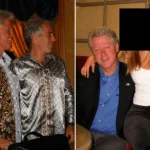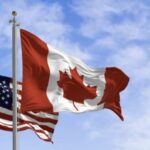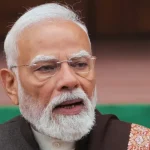

Two U.S. warships passed through the Taiwan Strait for the first time since House Speaker Nancy Pelosi’s (D-CA) trip to Taiwan earlier this month, invoking the ire of China.
The USS Antietam and USS Chancellorsville went through the strait, which is located between China and Taiwan, on a “routine” transit “in accordance with international law” on Sunday local time, according to a press release.
INDIANA GOV. ERIC HOLCOMB LEADS LATEST US DELEGATION TO TAIWAN AFTER PELOSI TRIP
“These ships transited through a corridor in the Strait that is beyond the territorial sea of any coastal State. The ship’s transit through the Taiwan Strait demonstrates the United States’ commitment to a free and open Indo-Pacific. The United States military flies, sails, and operates anywhere international law allows,” the U.S. 7th Fleet said in the statement.
The trip by Pelosi, who was leading a delegation and was the highest-ranking U.S. official to visit the island in roughly 25 years, was viewed by Beijing as a violation of Chinese sovereignty, prompting threats and live-fire drills.
In the direct aftermath of Pelosi’s trip, when China performed provocative military drills, a long-planned missile test was delayed, with the Pentagon citing a desire not to raise tensions with Beijing further.
CLICK HERE TO READ MORE FROM THE WASHINGTON EXAMINER
The Chinese Communist Party has long sought to bring the territory under its control, though Taiwan is self-governed and receives U.S. defense support despite not being formally recognized by the U.S. Taiwan-U.S. relations became unofficial in 1979 after the latter agreed to establish diplomatic relations with mainland China via the “One China” policy.
Pelosi told NBC after the trip that Chinese President Xi Jinping was “acting like a scared bully.” The White House insisted ahead of time that “nothing has changed” with the United States’s long-standing One China policy.







